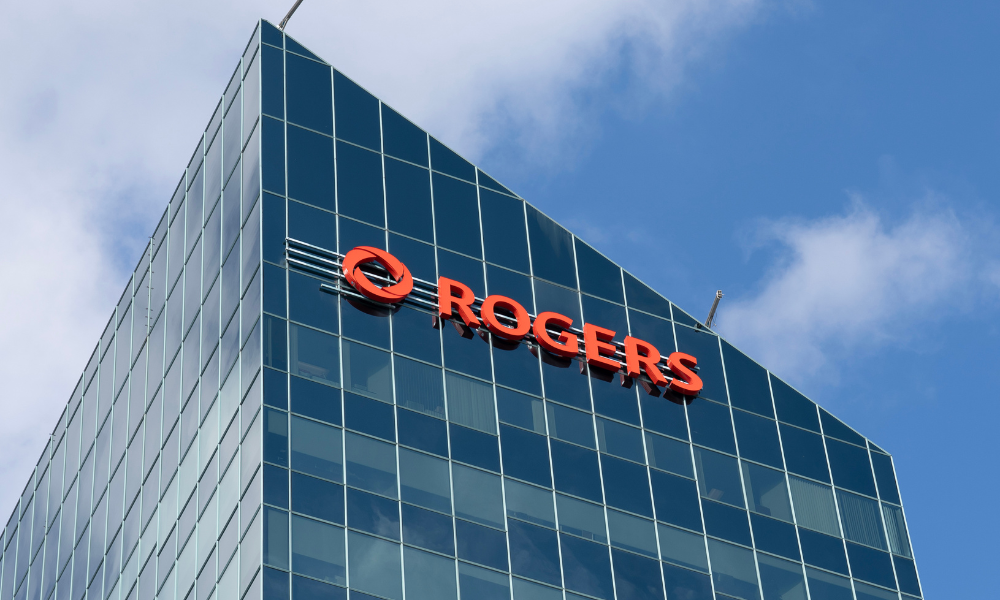The Competition Bureau has filed legal action against Rogers Communications Inc., alleging that its advertising for its Infinite wireless phone plans misleads consumers.
The bureau claimed that Rogers portrays the plans as offering unlimited data when, in reality, they are subject to caps and significant speed reductions once those limits are reached.
The bureau stated that Rogers' advertising gives the impression that consumers can use as much data as they wish. However, once users reach their data caps, Rogers “throttles” or reduces data speeds by more than 99 percent, severely limiting the amount of data customers can effectively use. "Throttling" occurs when a service provider reduces data speeds, which limits the amount of data that can be sent or received.
The bureau has applied to the Competition Tribunal to order Rogers to cease the allegedly deceptive advertising practices. The bureau also requested financial penalties and restitution for customers affected by the Infinite plans.
In a statement, Commissioner of Competition Matthew Boswell emphasized the importance of transparency in the marketplace. "Canadians need accurate and truthful information when purchasing goods and services, especially essential services like wireless data plans," Boswell said. "This case demonstrates that the bureau remains committed to ensuring that Canadian consumers are not misled and that we take all appropriate measures to address false or misleading claims in the marketplace."
Rogers, headquartered in Toronto, Ontario, is one of Canada's largest telecommunications companies and a key provider of wireless services. The bureau has obtained two court orders to gather information and advance its investigation into Rogers' marketing practices.
The Competition Act prohibits businesses from making false or misleading claims to promote their products or services. The bureau has previously addressed similar issues in the telecommunications sector. In 2016, it took action against Comwave for advertising "unlimited" internet and phone services that were, in fact, subject to monthly caps. The following year, the bureau issued guidance to telecommunications advertisers, warning against promoting unlimited services while imposing hidden restrictions.





